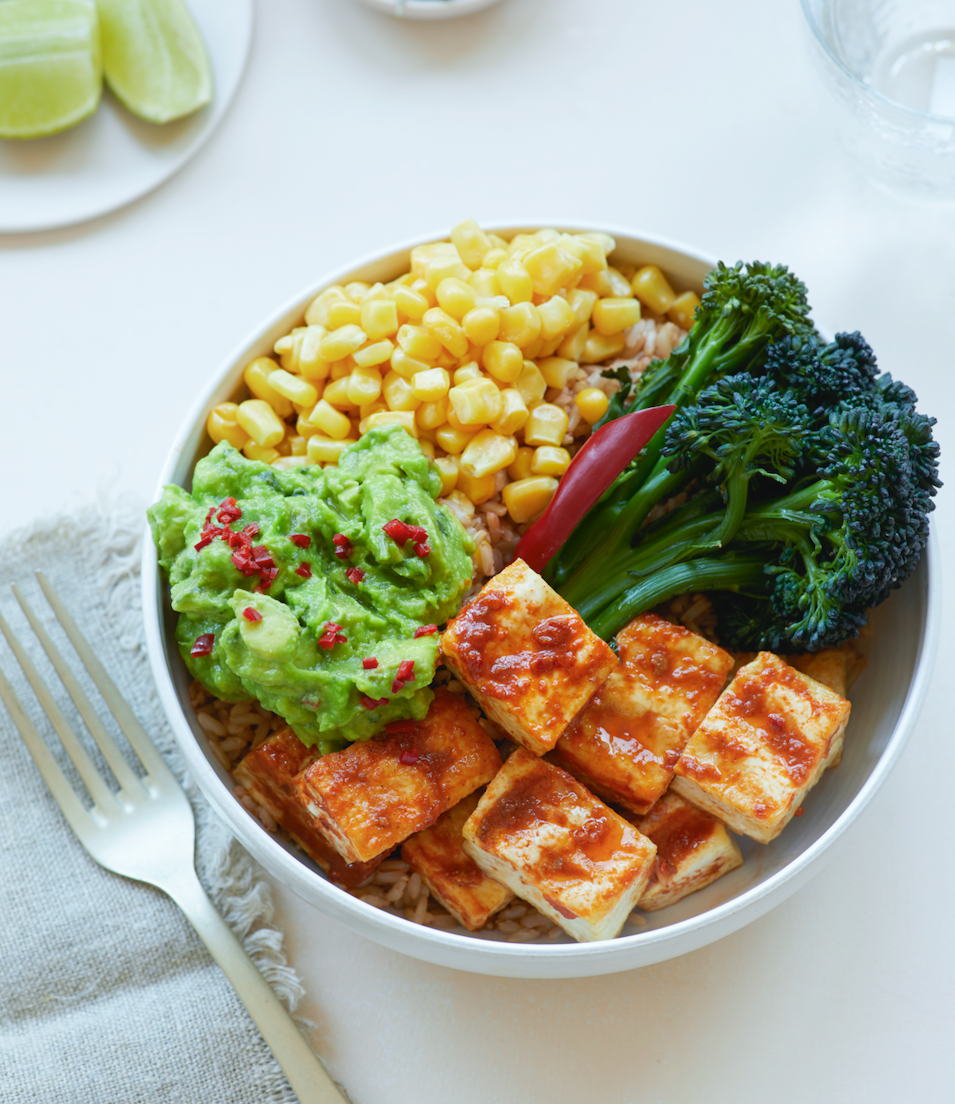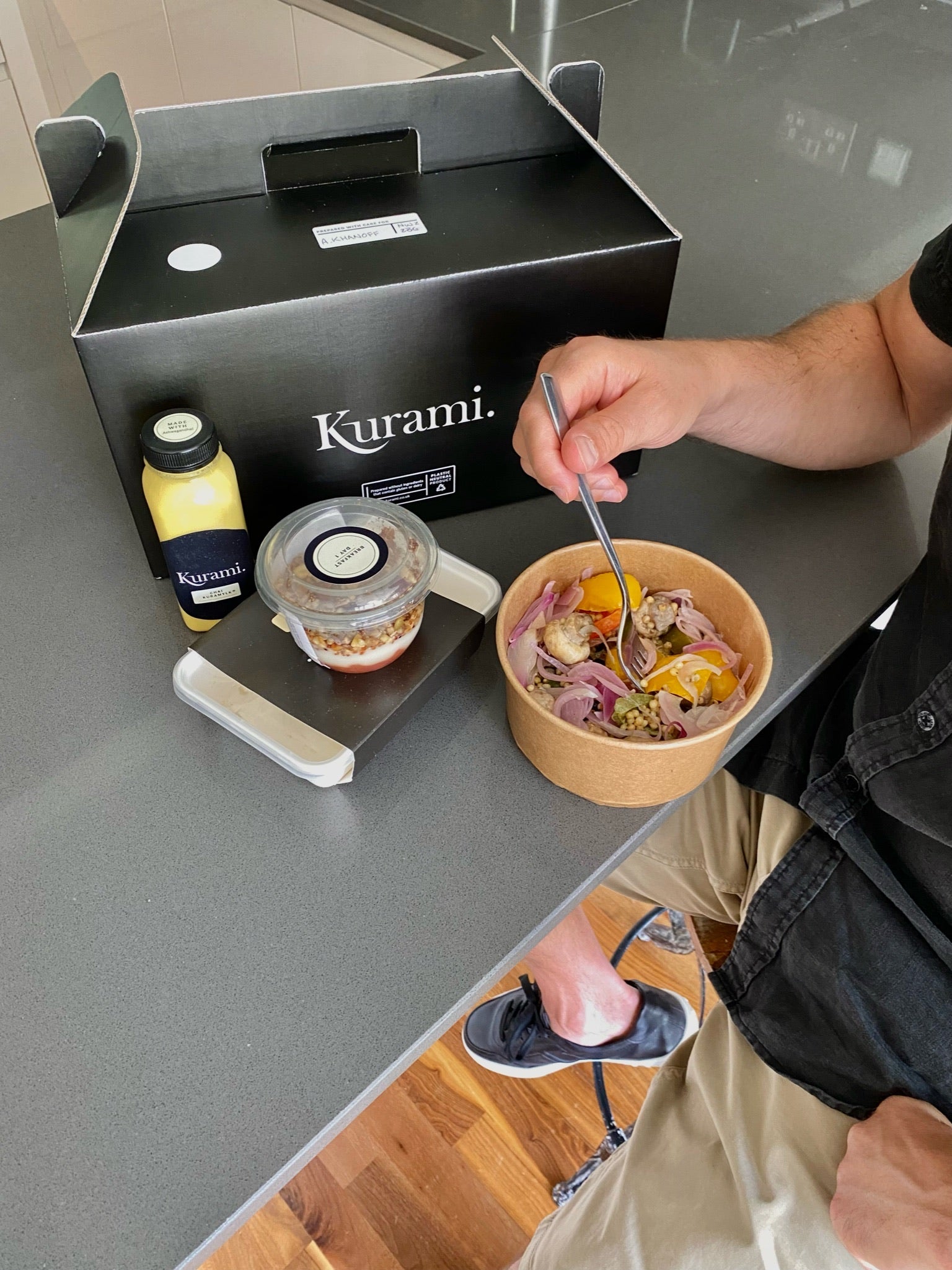
Straight talk about soy
The media declares a lot of food items as ‘bad’, ‘good’ or ‘harmful’, and with so much information on the internet, it can be difficult to know what to believe. Soy-based foods such as tofu, soy milk, edamame and tempeh have all had their fair share of online coverage, particularly with vegetarianism and veganism skyrocketing over the last five years. But what is the truth behind soy, and why is it jumping off supermarket shelves? These foods might sound like they deserve a health halo, but why are some critics demonising it?
Engage with our team in a deep dive into soy. What is it, why has it been demonised, and, if any, how much should we really be eating it.
Soybean and its products provide many essential nutrients such as high quality plant protein, fibre, essential fatty acids and different vitamins and minerals that help contribute to a healthy diet. Many soy-based foods are now fortified with calcium and vitamin D and have been considered as useful alternatives to dairy products, and contribute to reducing overall consumption of animal-based protein (link to blog on sustainability?).
Soya is also the main dietary source of isoflavones, a type of plant estrogen with a similar chemical structure as the human hormone, oestrogen. The British Dietetic Association describes that isoflavones can ease menopausal symptoms, and it is recommended that these are consumed via whole soy foods, rather than through high-dose supplements. Consuming any chemical or nutrient through supplements is generally advised against because the health benefits are considered best through foods and diet. Further, the safe level for some of these supplements is uncertain, disproportionately high amounts can cause gastrointestinal symptoms and can be dangerous too. This is why isoflavone supplements are recommended as a replacement to soy-containing foods.
Soy products are naturally low in saturated fat, which in most cases displace foods which are high in saturated fats in the diet. Further, the soy protein may lower the liver’s capacity of producing natural LDL (commonly described as the ‘bad cholesterol’) and contributes to the protection against heart disease. Contrary to some media headlines, there is no evidence to suggest that eating soy foods can upset the hormonal balance in men.
Overall,
Eating a balanced wholefood diet that includes some soy based products is perfectly fine, and can be part of a healthy and nutritious diet. At Kurami, we include a delicious chickpea as part of our meal path menus.



